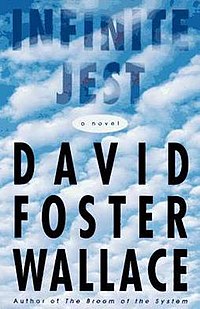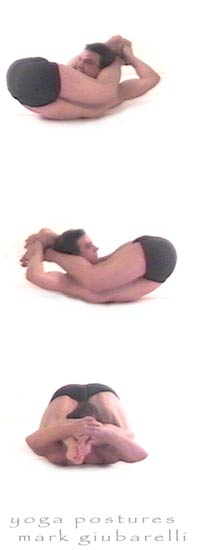Recently at the CPO we recorded music for a television production of Nutcracker, to be aired at 8 pm on December 23, on
CBC I think. My colleague Jeff did a nice job of chronicling our involvement over
three entertaining days. I was right there alongside of him, experiencing both the highs
("We got the top of the harp gliss to sync with the tear drop falling!") and the lows
("Let's try those 300 measures of fff tremolo one more time, there was something ticking in the booth.")At one point a producer came out to say hello, thank us for our fine work - and then he explained why the music hadn't been licensed from pre-existing recordings, or outsourced to some orchestra in Slovenia. I hadn't realized this, but that is where a lot of film and television scores get recorded, because Eastern European orchestras will work for lower wages. They don't advertise that fact - no movie poster ever boasts "Score recorded in Bucharest!" - but it's a way of cutting some of the costs.
This was the rare case in which a production team really does take pride in using local performers. The dancers, choreographer, and other artistic staff were all based in Alberta; they had insisted that the music should come from Calgary as well. And while most of the music was Tchaikovsky - numbers from Nutcracker as well as bits from the 5th and 6th Symphonies - quite a bit of transitional music was by a local composer, John Estacio, who was on stage with us for the entire session.

Last month I read Barbara Kingsolver's latest book,
Animal, Vegetable, Miracle, which was where I first heard of this term
'locavore'. It's a person who tries to consume only what is grown locally. So things like avocados, bananas, and olive oil, which are so common in our stores we might think they're local, are off the table. I'm not going to be that strict, but it's definitely altered my approach to shopping and eating. I won't bother looking at asparagus, since it's long out of season here, and a couple weeks ago I canned a huge box of tomatoes, thinking I'll save them for the winter when fresh tomatoes are a distant memory.
I wonder though, if any locavores will ever get as particular about their music as they are with their food. There certainly is a huge difference between live and recorded music - probably as big as the difference between fresh and canned spinach. And it seems important (to me anyway) to support a community of local artists and musicians, as well as farmers and food artisans. Ideally this would include local composers, conductors, instrument makers...
Of course, as this producer talked about these great local ideals, I began to feel a bit like that Ecuadoran banana in the supermarket. I've only lived here in Calgary a few weeks; and I've never played in this particular Nutcracker production; and I'd be hard pressed to name a single Albertan composer (besides John Estacio!). There's a case to be made for the occasional importthough, I think - no chocolate or coffee grows in Calgary, after all. And you can't have a Nutcracker without a few imported nuts.
 NPR's Melissa Block reported a nice tribute to Jaco Pastorius yesterday, on the 20th anniversary of his death. A native of Fort Lauderdale, Jaco also died there tragically in a fight outside a nightclub.
NPR's Melissa Block reported a nice tribute to Jaco Pastorius yesterday, on the 20th anniversary of his death. A native of Fort Lauderdale, Jaco also died there tragically in a fight outside a nightclub.






